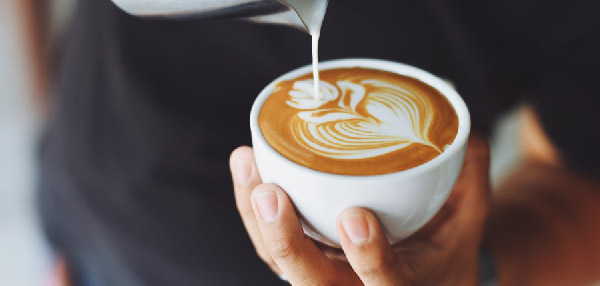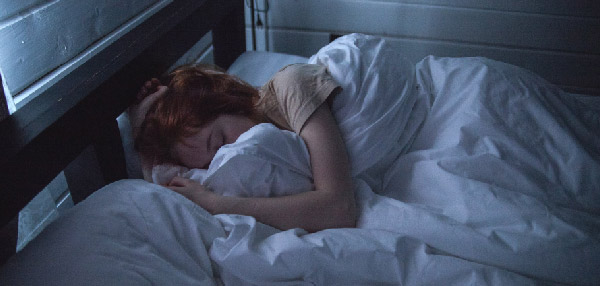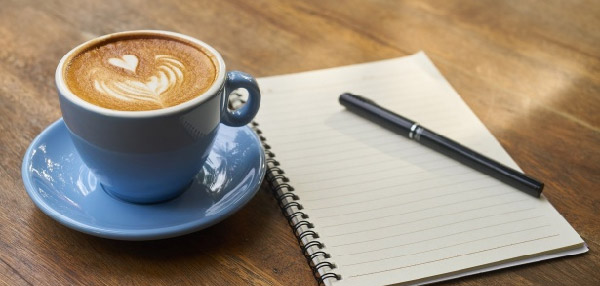
New year, new habits. Here’s how to quit coffee
Yeah, we know what’s on your mind right now: why would anyone want to stop drinking coffee? At morning, a cup of coffee is essential to most of us. As we all know, coffee is the most frequently ingested beverage worldwide. But, believe it or not, there are several reasons to quit coffee, and we’re about to tell you a few ones.
Yes, it’s an addiction
A wise man once said that old habits die hard. This is due to the fact that habits can easily turn into addictions. Although letting go of an addiction is quite hard, the results are 100% beneficial both for your mental and physical health. If you’re a regular coffee drinker, you should consider the following facts. It has been scientifically proved that regular intakes of caffeine can change the chemistry of your brain over time, being this a cause of different problems and health conditions.
Caffeine blocks the adenosine receptors in order to generate stimulating effects on your body. Therefore, your brain starts producing increased quantities of adenosine receptors to compensate the ones blocked by coffee. However, since coffee is addictive you end up needing more and more quantity to get the desired effects. The reason why this occurs is that you have created a tolerance over coffee, which makes you need more of it to feel good.
Consequences
Physically
- It reduces the quality of your sleep. After droping coffee, you will notice an improvement on your quality of sleep. As there won’t be any caffeine residues in your bloodstream you will sleep much better. A few weeks after quitting caffeine you will start noticing you feel much more relaxed. Drinking coffee we are able to stay awake during more hours. This is because we are manipulating our natural sleeping schedule. which can affect our quality of sleep.
- It doesn’t really give you ‘more’ energy. Coffee just boosts your energy for a short period of time, afterwards it is even worse than not drinking anything. In fact, after caffeine’s effects people tend to feel a sense of fatigue. This is why many coffee drinkers need more than a cup a day to keep up with that caffeine rush the whole day, making it a non-ending cycle.

- Tooth decay and staining. Coffee consumption is linked to tooth damage. If you’re a regular coffee drinker, you might have noticed that your teeth is turning a little yellow. This is because of coffee. Also, tooth may suffer from decay as coffee weakens the structure of the teeth. Some individuals may benefit from professional teeth whitening procedures and reducing coffee intake to restore their natural tooth color and maintain oral health. Protect your smile! To minimize coffee stains, brush your teeth shortly after consumption.
- Effects on blood pressure. Caffeine pumps your blood pressure and gives your body a rush that’s the reason why it is so effective in keeping you up. Therefore, if you suffer from hypertension, consider quitting coffee and if you need any help, don’t doubt contacting our English speaking doctors, we will give you an accurate recommendation focussing on your specific conditions.
Mentally
- Coffee affects your mood. Coffee can clearly have an impact on your mood. Some people can’t begin their day nor talk to anyone until they’ve had their first morning coffee cup, and cannot go through their day without drinking coffee every three or four hours. Do your feel identified? If you feel grumpy when you have not drank coffee, maybe you’re one of those people. Try abstaining yourself from drinking coffee for a week to see what results do you notice and what changes do you perceive. You will not believe it. Your humor might be controlled by a substance and you don’t even know it!
- Coffee fuels your anxiety. Drinking too much coffee can end up conducing to an anxiety disorder or worsening your condition. It stimulates the adrenal glands and affects the adenosine receptors in our brain, and can make you feel a lot more anxious than what you really would without consuming it. Your heart is pumped as well during the effects of caffeine the risk of suffering a panic attacks and other sorts of mental health disorders is also increased. If you have a medical record of anxiety, please think twice before drinking too much coffee.

Strategies
The first step towards quitting coffee is accepting the fact that you might be addicted to it and realizing it is not that hard to live without it. It takes strengh, will power and lots of discipline to drop an habit, but if you endure the first days without it, you will see the positive results and feel more motivated towards this goal. T
Here we leave you a few tips on how to quit coffee this 2020:
Other options that can help you quit coffee:
- Make a change in your routine. For example, if you’re used to have breakfast with a cup of coffee, try switching to a new breakfast dish that doesn’t fit with a cup of coffee. It will help you enjoy the meal in a different way and associate it with other kinds of food rather than coffee.
- Switch coffee for tea and slowly start reducing your intake. This has to be taken as a temporary switch while you’re leaving caffeine, because tea also has caffeine on it and will weaken your teeth as well.
- Wean Caffeine method. You can also help yourself with other products to ease the effects of caffeine withdrawal. For example, Wean Caffeine method makes giving up caffeine almost effortless by reducing the withdrawal to the least.
We hope you consider all this facts and decide making a change to the better. We want to help you during this process! If you need a doctor, we are here for you.
